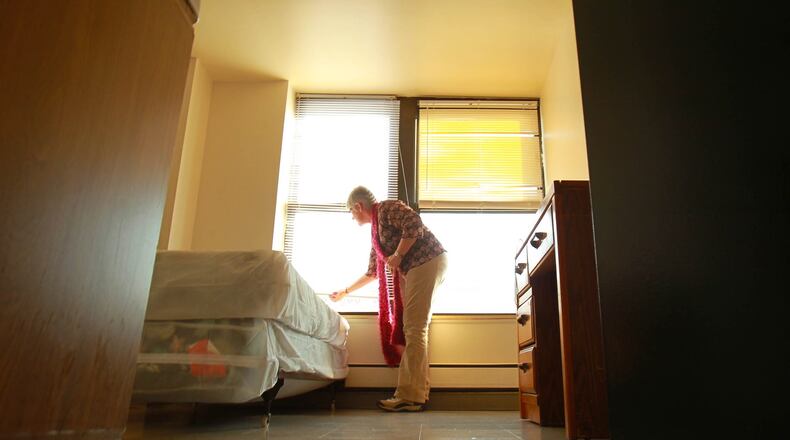When the moratorium expires, millions of families in the U.S. could face eviction during a time when housing options and even apartment rentals are slim.
Finding new housing won’t be easy for renters who get evicted: Nearly 90% of Ohio households with rent debt earn less than $50,000 per year, and rental rates are accelerating across the board. The average monthly cost of a three-bedroom apartment in Dayton increased from $1,045 in 2020 to $1,122 in 2021, up by 7.4%. Two-bedroom units also ballooned from $777 to $836 per month.
“For a low-income family, that’s an insurmountable hurdle,” says Tom Maultsby, president and CEO of United Way, “The income that’s necessary to sustain these rents is outpacing what people are earning in our region right now. We know that families without stable housing are more likely to experience unsafe living conditions, overcrowding, increased stress, and exacerbated mental health issues — all social determinants that dampen long-term health outcomes for our residents.”
The Dayton region lost several affordable housing options following the 2019 Memorial Day tornadoes, which Tracy Sibbing, vice president of community impact at United Way, said will make things harder for families to find apartments or homes if they are evicted.
The vacancy rate in the Dayton market hovered at 4.8% in the beginning of this year, according to CBRE, a Cincinnati-Dayton real estate firm. Since 2015, the vacancy rate for the region has hovered between 6% and 8%.
Average asking rent growth was also 4.5%, according to the CBRE report, up from historical raises of about 2.5%. Average rent in the Dayton region is about $890 per month, according to the report.
United Way’s new Strong Families initiative will help families navigate and prevent financial crisis, officials said. Families in need of assistance can call 211, United Way’s local helpline, or visit Dayton-UnitedWay.org/get-help-now to search local available resources.
About the Author

